Noam Chomsky has written and lectured widely on linguistics, philosophy, intellectual history, international affairs and U.S. foreign policy. Most recently, with Ilan Pappé he has completed Gaza in Crisis (Haymarket Books, 2010). Other examples of his prolific work include: The Logical Structure of Linguistic Theory; Aspects of the Theory of Syntax; Language and Mind; American Power and the New Mandarins; Reflections on Language; Rules and Representations; Knowledge of Language; The Culture of Terrorism; Manufacturing Consent (with E.S. Herman); Understanding Power; Hegemony or Survival: America’s Quest for Global Dominance; and most recently, Imperial Ambitions: Conversations on the Post-9/11 World, (with David Barsamian).
Chomsky received his Ph.D. in linguistics from the University of Pennsylvania in 1955. He then came to the Massachusetts Institute of Technology and in 1961 was appointed full professor in the Department of Modern Languages and Linguistics.
Oh, Occupy Wall Street: I think we can all agree the whole thing would be so much more enjoyable if there weren’t so many people occupying the area–holding up signs and demanding that government officials quit selling themselves to the highest bidder. Well, nonetheless, probably worth at least talking about the movement for now. The Daily Autocrat very, very quickly (super quickly) sat down with world-renowned scholar Noam Chomsky to briefly discuss the movement and its implications for substantive socioeconomic change.
TDA: Professor Chomsky, thank you for joining us to discuss the Occupy Wall Street movement, which has grown in intensity over the last few weeks. Does it signify a turning point in the history of the United States? What, if anything, would you consider to constitute a victory for the movement?
NC: It’s an extremely exciting development, inspiring too, and in many ways unprecedented. It’s far too early to tell what its long-term historical significance will be. That will depend, in part, on whether the networks and alliances that are being created by the remarkable cooperative endeavors that have sprung up can persist and become the animating core for the long and hard struggle that lies ahead, if the goals of the movement, now the subject of intense discussion, are to be realized.
It’s an extremely exciting development, inspiring too, and in many ways unprecedented
A narrow victory would be implementation of short-term demands, as is not at all impossible if pressure can be sustained. Broader victories would be advances towards much more far-reaching objectives.
TDA: Would you consider the movement a natural phenomenon in light of current circumstances? Could it have been predicted?
NC: I don’t know of anyone who predicted anything like this. On the other hand, it’s entirely natural, after 30 years of a vicious cycle that has been concentrating prodigious wealth in very narrow sectors that make little if any contribution to society, and with it political power that drives the destructive process forward, while for the majority of the population incomes have almost stagnated, or worse, and people have been getting by with asset inflation, debt, and increasing workloads, amidst very visible social and physical deterioration, with major calamities looming ahead.
The collapse of the last few years has exposed the rot, often sheer criminality, with striking clarity. It’s natural then that the victims should at last react, and in a most impressive way, which holds a great deal of promise.
Also, see Noam Chomsky’s Letter to Occupy Wall Street here:
http://occupywallst.org/article/noam-chomsky-solidarity/
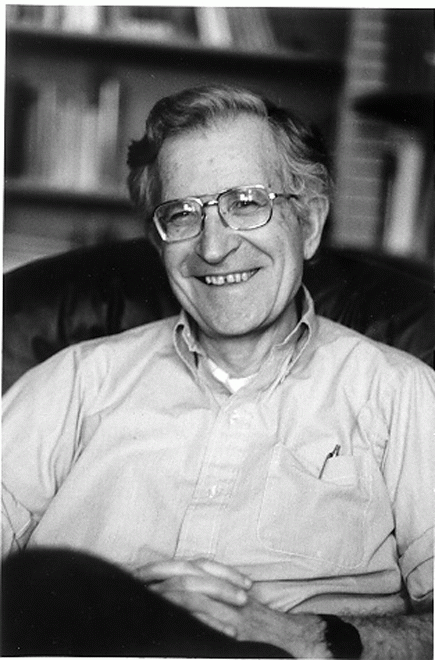



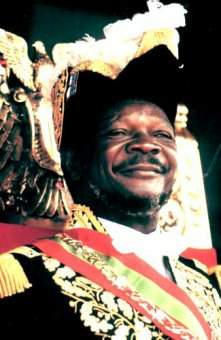

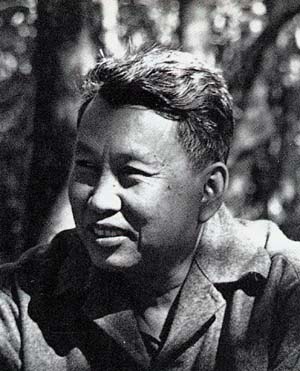
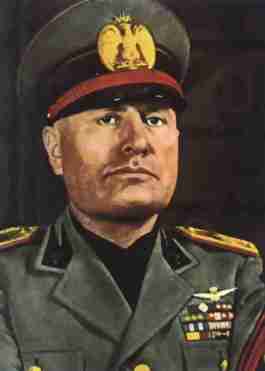







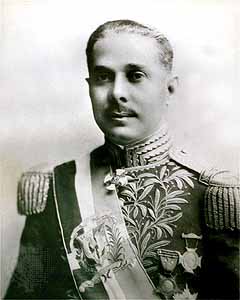




October 22nd, 2011 → 2:31 pm
[…] Noam Chomsky on Occcupy Wall Street, 13 Oct 2011. GA_googleAddAttr("AdOpt", "1"); GA_googleAddAttr("Origin", "other"); GA_googleAddAttr("theme_bg", "ffffff"); GA_googleAddAttr("theme_text", "333333"); GA_googleAddAttr("theme_link", "222222"); GA_googleAddAttr("theme_border", "dddddd"); GA_googleAddAttr("theme_url", "346ba4"); GA_googleAddAttr("LangId", "1"); GA_googleAddAttr("Autotag", "politics"); GA_googleAddAttr("Tag", "united-states"); GA_googleFillSlot("wpcom_sharethrough"); Share this:FacebookTwitterPrintEmailLike this:LikeBe the first to like this post. Posted in: United States ← WEEK IN AUTOCRACY: Oct 17-21, 2011 Be the first to start a conversation […]